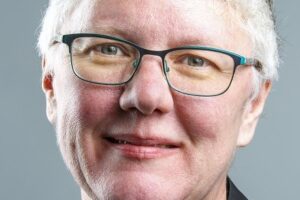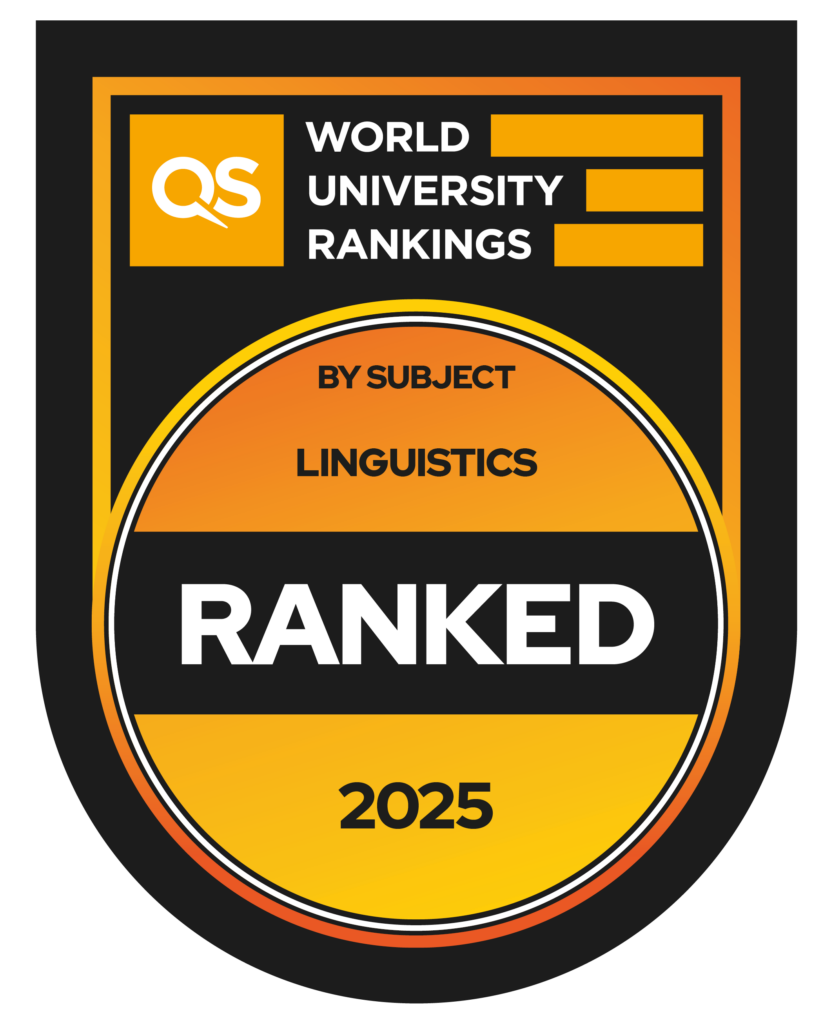Data publikacji w serwisie: 17 stycznia 2023 r.
WA Distinguished Professors’ Lectures: Beyond Open Access: Can machine translation and plain language help to make research even more accessible? by Prof. Lynne Bowker

WA Distinguished Professors’ Lectures Series features internationally renowned scholars visiting the Faculty of English to share their research and professional expertise with the faculty and students. This time we have the honour to host Prof. Lynne Bowkern (University of Ottawa, Canada), who will deliver a lecture “Beyond Open Access: Can machine translation and plain language help to make research even more accessible?” that will take place on 20 January 2023 (Friday) at 12:30 in the Aula of Collegium Heliodori Święcicki.
Abstract
After three-and-a-half centuries of very little change, the field of scholarly communication is currently experiencing a series of “disruptions” that are reshaping the way that researchers share knowledge. One highly visible change is the Open Access movement, which seeks to reduce financial and copyright barriers for accessing scholarly publications. As Open Access gains traction, it is whetting our appetite for finding even more ways to make research accessible. After all, if we can’t share our findings widely, what’s the point of doing research? One emerging area of interest concerns the language in which we communicate our research findings. The current model privileges the use of a single language (i.e., English), but this model comes at a cost of limiting accessibility for a significant portion of the world’s actual and potential researchers, who speak other languages. As a result, we are seeing increasing pushback against the use of a single language for disseminating research, but we need to find solutions for managing a multilingual scholarly communication model effectively. In addition, we are witnessing the rise of science communication, where researchers are encouraged to share their findings in formats that are more accessible to non-expert communities (e.g. researchers in other disciplines, policy makers, funding agencies, general public). Both of these areas – multilingual scholarly communication and science communication – are worthy of exploration in their own right, and indeed both areas are gaining momentum. But what happens if we consider them together? Can multilingualism amplify science communication? In return, can science communication give a boost to multilingual scholarly communication? And where and how do these two areas intersect? My current interest lies in exploring this intersection, with a focus on combining plain language and machine translation. In this presentation – which is very much a work in progress! – I will share some preliminary work on using plain language and machine translation to further the cause of increasing research accessibility.
Lynne Bowker is Full Professor at the University of Ottawa (Canada), where she holds a cross-appointment between the School of Translation and Interpretation and the School of Information Studies. In 2020, she was elected as a member of the Royal Society of Canada in recognition of her research on translation technologies. Her publications include Computer-Aided Translation Technology (2002), Working with Specialized Language: A Practical Guide to Using Corpora (2002), Machine Translation and Global Research (2019), and De-mystifying Translation: Introducing Translation to Non-translators (forthcoming in February 2023 in open access format). She is currently a NAWA Visiting Researcher in the Scholarly Communication Research Group at the Adam Mickiewicz University in Poznań (Poland), where she is exploring ways to bring scholarly communication, plain language and machine translation together to improve research accessibility.

